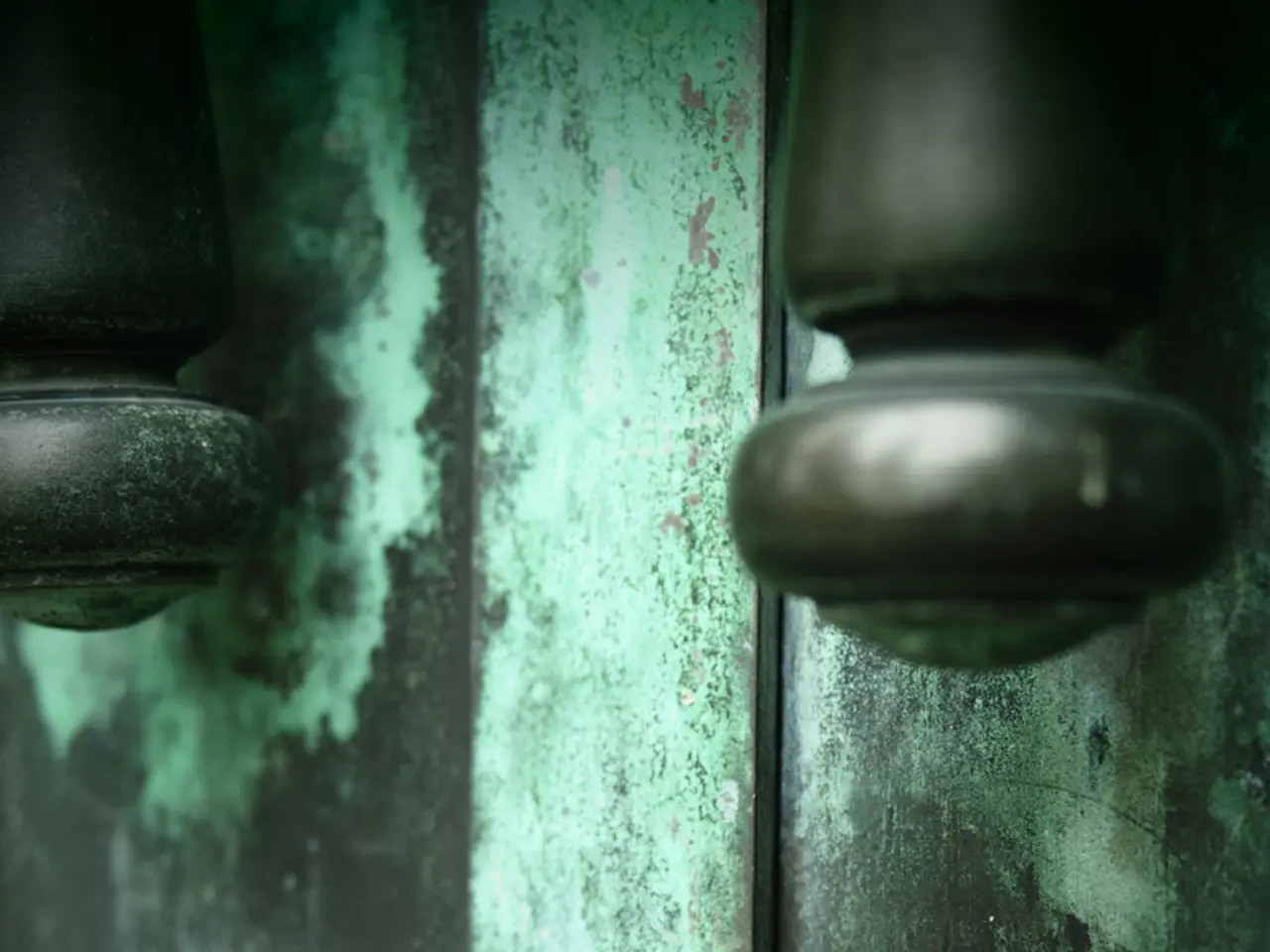"Unexpected locations where WD-40 should be avoided, and suitable alternatives suggested"
In the world of home maintenance and improvement, one product that has been a staple for many is WD-40. However, it's crucial to understand that this versatile product isn't always the best choice for every situation. Here's a guide to using alternative lubricants and cleaners for various household and outdoor items.
Firstly, WD-40 should not be used on door locks, bicycle chains, garage door tracks, door hinges on painted doors, or electronics. Using WD-40 in these sensitive contexts can hinder performance, damage paint, or leave residues unsuitable for these applications.
For instance, on door locks, WD-40 can attract dirt and grime, causing locks to jam rather than lubricate smoothly. On bicycle chains, it can strip away the proper grease, leading to increased wear and attracting dirt, which shortens chain life. Using WD-40 on garage door tracks may leave a residue that collects dust and debris, interfering with smooth operation. For door hinges on painted doors, WD-40 can dissolve or damage the paint finish. With electronics, despite WD-40's water displacement abilities, it is not designed for electronic components and may leave residues or cause issues over time.
As an eco-friendly alternative to WD-40 for these uses, various options are recommended. Graphite powder is suitable for lubricating locks as a dry lubricant that doesn’t attract dirt. Beeswax or vegetable oil can be used on moving parts and wooden items for safe lubrication. For cleaning and degreasing, natural solutions such as white vinegar and baking soda are effective and environmentally friendly. For bicycle chains, specialized dry bike lubricants with non-stick ceramic technology provide clean and moisture-repellent lubrication without harmful chemicals. For electronics, pre-moistened streak-free wipes made specifically for electronic devices safely clean without residue.
Jim Marino, home improvement expert and CEO of Pinnacle Home Improvements, recommends using graphite powder as an alternative for door locks and creaky wood floors. A multipurpose lubricant is versatile and suitable for a wide array of applications. WD-40 should never be used on electronics, including laptops and computer keyboards. Pre-moistened wipes offer a streak-free shine on all electronics.
For creaky hinges, Jim Marino recommends using silicone spray, specifically the WD-40 Specialist Silicone Lubricant. A dry bike lubricant minimizes pedaling friction, repels moisture, and withstands rides up to 100 miles. Compressed air designed for electronics cleaning should be used instead for cleaning electronics.
In conclusion, while WD-40 has its uses, it's essential to know when to opt for alternative lubricants and cleaners to ensure the best results and a sustainable approach to home improvement.
[1] For more information, visit Pinnacle Home Improvements for a comprehensive guide on choosing the right lubricant or cleaner for your needs.
- In home-and-garden maintenance, opting for graphite powder is recommended as a sustainable alternative to WD-40 for lubricating door locks and creaky wood floors, enhancing performance while reducing dirt attraction.
- For addressing creaky hinges in a home lifestyle, the WD-40 Specialist Silicone Lubricant is particularly effective, providing lasting lubrication that minimizes friction and ensures a reliable home environment.




